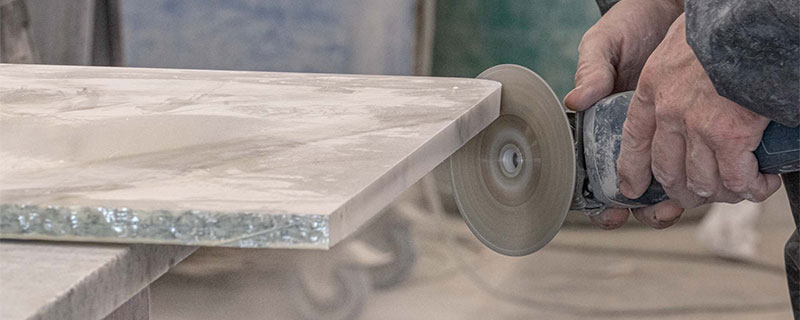The Dangers of Silica Dust
COMMENT
Ridwaan Omar, a Partner and Head of Regulatory in the Insurance team at Forbes Solicitors, commented:
“The cutting, sanding, drilling, sawing, polishing and carving of quartz can create a fine dust called Respirable Crystalline Silica (RCS). Exposure to the silica dust risks an incurable lung disease.
“Current legislation controlling exposure to silica dust is set out within “The Control of Substances Hazardous to Health Regulations 2002 (COSHH)”, which other than the requirement to ensure that the risks are assessed, requires employers to implement measures to minimise workers exposure to harmful silica dust.
“Measures may include ensuring that there is “local exhaust ventilation” to capture and remove airborne contaminants at source, and the use of water to suppress dust during cutting and grinding processes. In addition, employers are required to prevent or control exposure to RCS through the provision of suitable and adequate Personal Protective Equipment (PPE) including respiratory protective equipment, when the risk cannot be controlled by engineering controls alone.
“Regulations also require the monitoring of silica dust within a workplace to ensure that exposure limits do not exceed the Workplace Exposure Limit of 0.1mg/m3 respirable dust, (averaged over 8 hours). There is also a requirement to have a regular health surveillance of workers exposed to silica dust.
“However, despite these regulations, recent inspections and reports indicate that compliance is, at best, inconsistent, and particularly among small and medium sized companies. The HSE have sought to raise awareness through targeted guidance, campaigns, and site inspections. In July 2023, the HSE launched a new inspection operation focusing on manufacturing businesses that use materials containing silica, to ensure businesses are complying with regulations to protect workers from dust exposure.
“Health professionals including the British Occupational Hygiene Society (BOHS) have warned that there is a growing number of people, including young workers, contracting silicosis and are calling for tougher safety measures to address rising cases of silicosis among workers in the quartz worktop industry. While BOHS is not calling for a ban of engineered stone worktops, they are calling for the HSE to improve its safety guidance. The question is whether the existing regulations are sufficient to address those health risks?”








Leave a Reply
Want to join the discussion?Feel free to contribute!